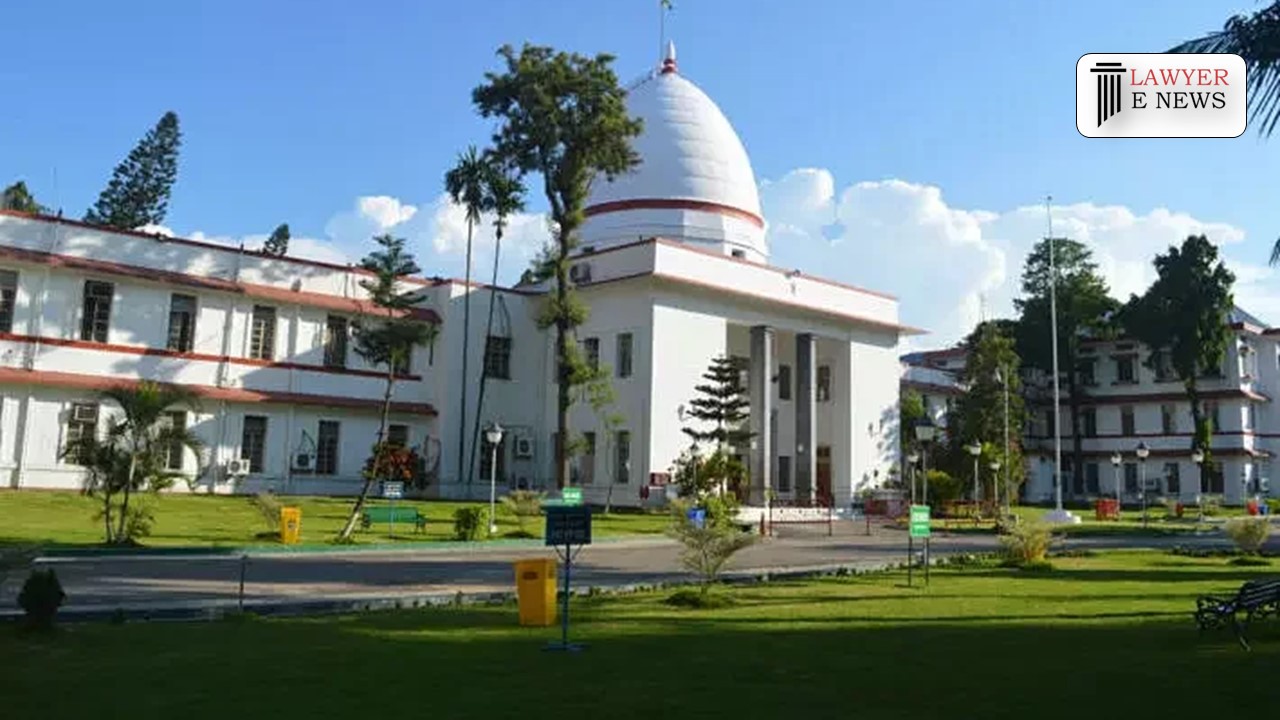-
by Admin
15 February 2026 5:35 AM



Gauhati High Court dismissed an appeal in Albish Banda alias Lakra vs. State of Assam, affirming the conviction and life sentence of the appellant for the murder of a 7-year-old child. The court ruled that the killing was not a case of sudden provocation and rejected the defense’s argument under Exception 4 of Section 300 IPC.
The incident occurred on March 5, 2019, in Baksa District, Assam, when the appellant, Albish Banda, murdered Rajen Ekka, a 7-year-old child, by attacking him with a dao. The appellant claimed that he was provoked by teasing from the children while collecting sour fruits, leading to the deadly attack. However, two eyewitnesses, who were present at the scene, testified that the attack was sudden and unprovoked.
The appellant was convicted by the Sessions Court in Baksa in February 2021 and sentenced to life imprisonment under Section 302 IPC. He appealed, arguing that the murder was a result of grave and sudden provocation, making it a case under Exception 4 of Section 300 IPC.
The primary issue before the High Court was whether the appellant’s actions could be classified under Exception 4 of Section 300 IPC, which reduces the charge from murder (Section 302) to culpable homicide not amounting to murder (Section 304), if the act is committed due to sudden provocation without premeditation.
The defense argued that the minor children’s taunting constituted provocation, and the act was done in the heat of passion. The prosecution, however, pointed to the nature of the injuries inflicted, which were excessive and on vital parts of the body, including the neck and head.
The Gauhati High Court, presided by Justice Michael Zothankhuma and Justice Mitali Thakuria, rejected the defense’s argument. The court held that teasing by children could not be considered as grave provocation and emphasized that the number and severity of the injuries indicated that the appellant had acted in a cruel and unusual manner, which disqualified him from the protection under Exception 4.
The court noted that the appellant had inflicted multiple deep cuts on the child’s neck, face, and skull, which led to instantaneous death. The judges observed that these actions demonstrated a cruel intent, and the appellant had taken undue advantage of the situation by attacking a defenseless 7-year-old child.
The court cited the Supreme Court’s ruling in Anil Kumar vs. State of Kerala (2023), which clarified that for Exception 4 of Section 300 IPC to apply, the offender must not take undue advantage or act in a cruel manner.
The appeal was dismissed, and the conviction and life sentence for the appellant under Section 302 IPC were upheld. The court also commended the Amicus Curiae for their assistance in the case.
Date of Decision: September 26, 2024
Albish Banda alias Lakra vs. State of Assam.
